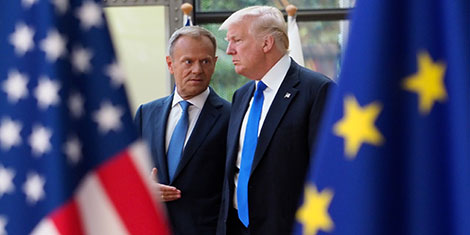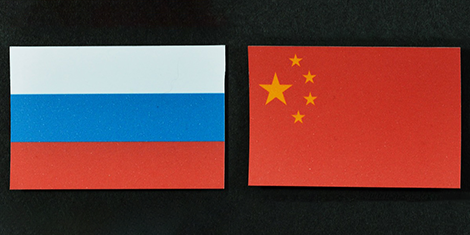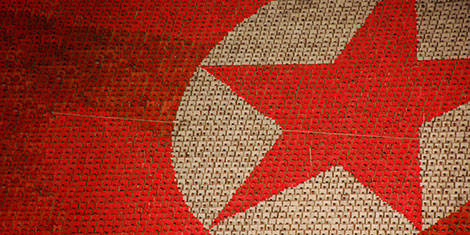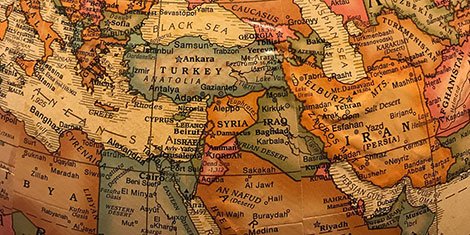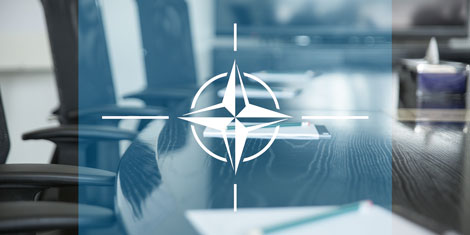
Image courtesy of Websubs/Pixabay.
This article was originally published by War on the Rocks on 7 November 2017.
A year after Donald Trump’s election to the presidency, the furor around his approach to transatlantic security has predictably calmed. Part of the reason is saturation. Like antibiotics, provocation of one’s allies loses its potency when used excessively. Part of the reason is that the president has found a more willing and compelling foil, in the form of Kim Jong Un, than those buttoned-up European leaders he accuses of freeloading. Certainly, part of the reason includes the administration’s Russia-related scandals and Robert Mueller’s investigation. The president’s hostility toward NATO has always felt more like a sop to Moscow than a matter of principle and thus not a good look with indictments swirling.
